
This new technology promises a bright future for the chip manufacturing industry (Photo: Getty).
AI helps simplify the process of designing and manufacturing chips
Researchers in Australia have pioneered a quantum machine learning (QML) technique that combines artificial intelligence (AI) and quantum computing, aiming to simplify the design and manufacturing of complex chips – the heart of almost every modern electronic device.
This work demonstrates how QML algorithms can significantly improve the modeling of internal chip resistance, a key factor affecting chip performance.
Unlike classical computers, which use bits that are either 0 or 1, quantum computers use qubits. Thanks to principles like superposition and entanglement, qubits can exist in multiple states at the same time, allowing them to process complex mathematical relationships much faster than classical systems.
QML encodes classical data into a quantum state, allowing a quantum computer to discover data patterns that are difficult for a classical system to detect. A classical system then takes over to interpret or apply these results.
Difficulties in chip manufacturing and quantum solutions
Semiconductor manufacturing is a complex, highly precise process that involves several steps: stacking and shaping hundreds of microscopic layers onto a silicon wafer, material deposition, photoresist coating, lithography, etching, and ion implantation. Finally, the chip is packaged for integration into a device.
In this study, the scientists focused on modeling ohmic contact resistance – a particularly difficult challenge in chip manufacturing. This is a measure of how easily current flows between the metal and semiconductor layers of a chip; the lower the value, the faster and more energy-efficient the performance.
Accurately modeling this resistance is important but difficult with classical machine learning algorithms, especially when dealing with small, noisy, and nonlinear data sets commonly encountered in semiconductor experiments.
This is where quantum machine learning comes in.
Using data from 159 prototype gallium nitride transistors (GaN HEMTs), known for their speed and efficiency in 5G electronics, the team developed a new machine learning architecture called Quantum Kernel-Aligned Regressor (QKAR).
QKAR converts classical data into quantum states, allowing the quantum system to determine complex relationships. A classical algorithm then learns from that understanding to create a predictive model that helps guide the chip fabrication process.
When tested on five new models, QKAR outperformed seven leading classical models, including deep learning and gradient boosting methods. While specific metrics were not disclosed, QKAR achieved significantly better results than the traditional models (0.338 ohms per millimeter).
Importantly, QKAR is designed to be compatible with practical quantum hardware, opening the door for its implementation in real chip manufacturing as quantum technology continues to advance. Scientists believe that this method can effectively handle multidimensional effects in the semiconductor field, promising a bright future for the chip industry.
Source: https://dantri.com.vn/khoa-hoc/lan-dau-tien-su-dung-cong-nghe-luong-tu-de-tao-ra-chat-ban-dan-20250730020740216.htm


![[Photo] Opening of the 14th Conference of the 13th Party Central Committee](https://vphoto.vietnam.vn/thumb/1200x675/vietnam/resource/IMAGE/2025/11/05/1762310995216_a5-bnd-5742-5255-jpg.webp)





















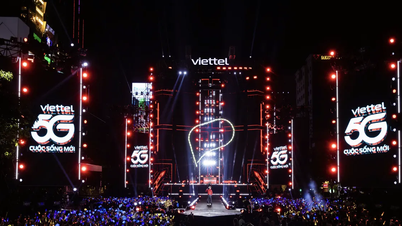


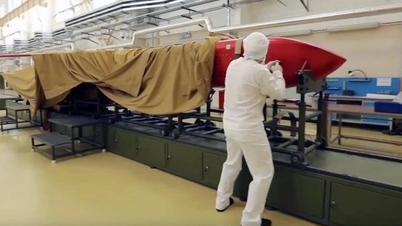











![[Photo] Panorama of the Patriotic Emulation Congress of Nhan Dan Newspaper for the period 2025-2030](https://vphoto.vietnam.vn/thumb/1200x675/vietnam/resource/IMAGE/2025/11/04/1762252775462_ndo_br_dhthiduayeuncbaond-6125-jpg.webp)













































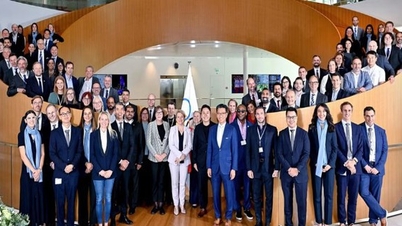

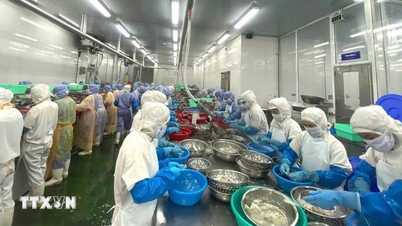




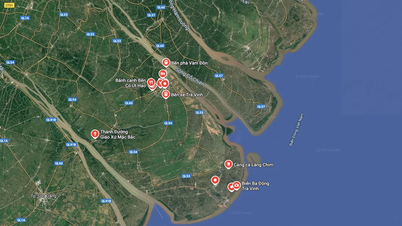















Comment (0)